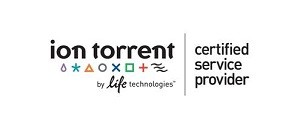Renal cancers comprise a heterogeneous group of neoplasms, with most cases being sporadic, but also includes hereditary forms. Hereditary renal cancers have similar clinical manifestations with sporadic renal tumors and the clinical features that indicate a possible hereditary form include: multifocal neoplasms, simultaneous development of tumors in various organs, the presence of the same type of tumor in close relatives and early onset. Less common types of renal cancer, which may also be familial, include transitional cell carcinoma (TCC), Wilms tumor and renal sarcomas.
In patients with hereditary renal cancer the clinical symptoms often occur at a younger age and cancers are often multifocal or bilateral. These patients may have other clinical features, which may be associated with certain syndromes which include renal cancer as a clinical feature, such as: Birt-Hogg-Dube syndrome, Von Hippel Lindau syndrome (VHL), Tuberous Sclerosis ( TSC), Hereditary Leiomyomatosis (HLRCC), hereditary papillary adenocarcinoma of the kidney (Hereditary Papillary Renal Cell Carcinoma-HPRCC), hereditary form of oncocytoma, etc..
This genomic test is indicated for individuals with a family history of renal cancer and is valuable for the differential diagnosis of similar phenotypes, excluding certain syndromes, through the parallel analysis of multiple genes. It is also of value to patients without a family history of renal tumors, but where the tumors are bilateral or multifocal or recurrent or of early onset (e.g. <50 years).


